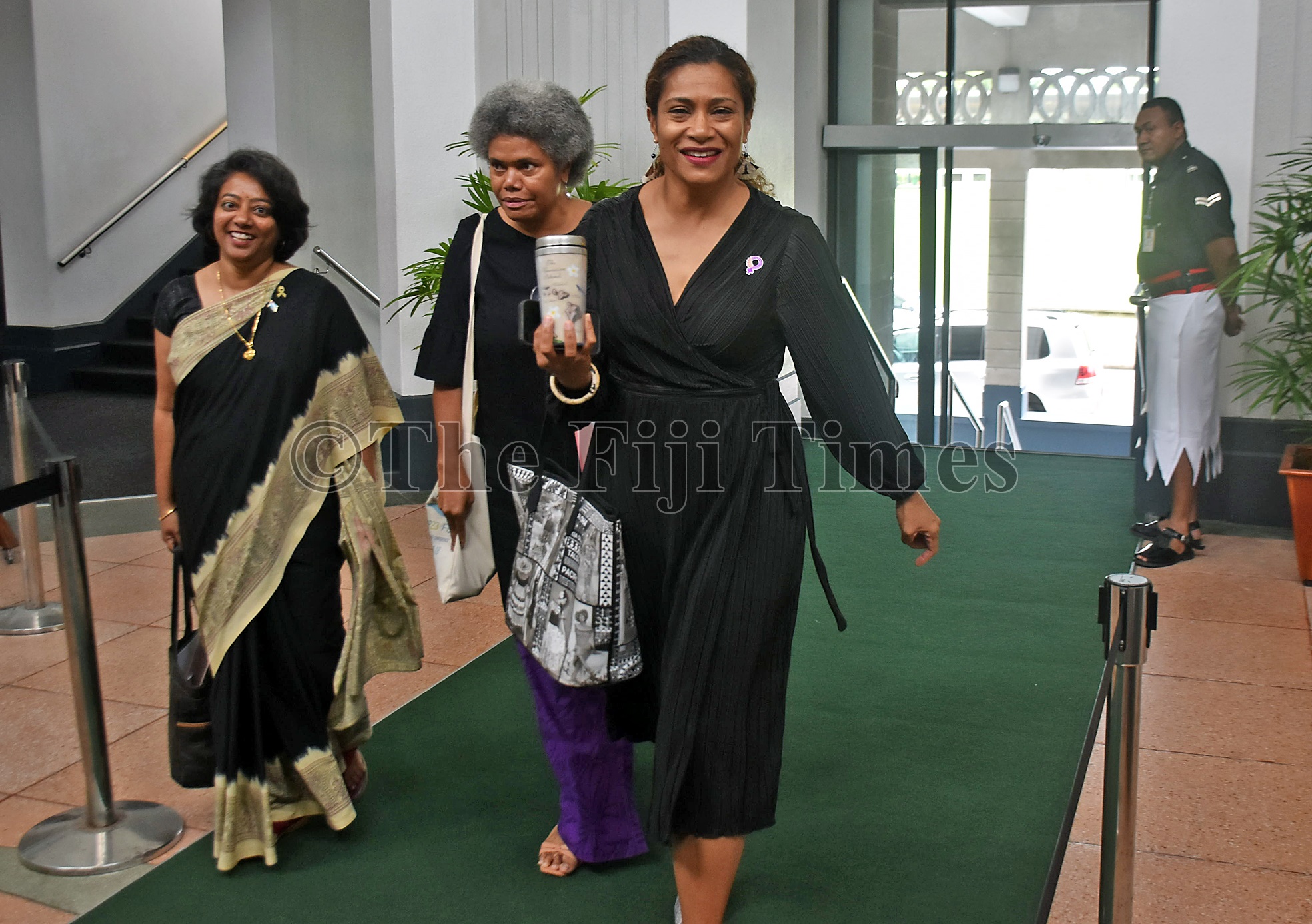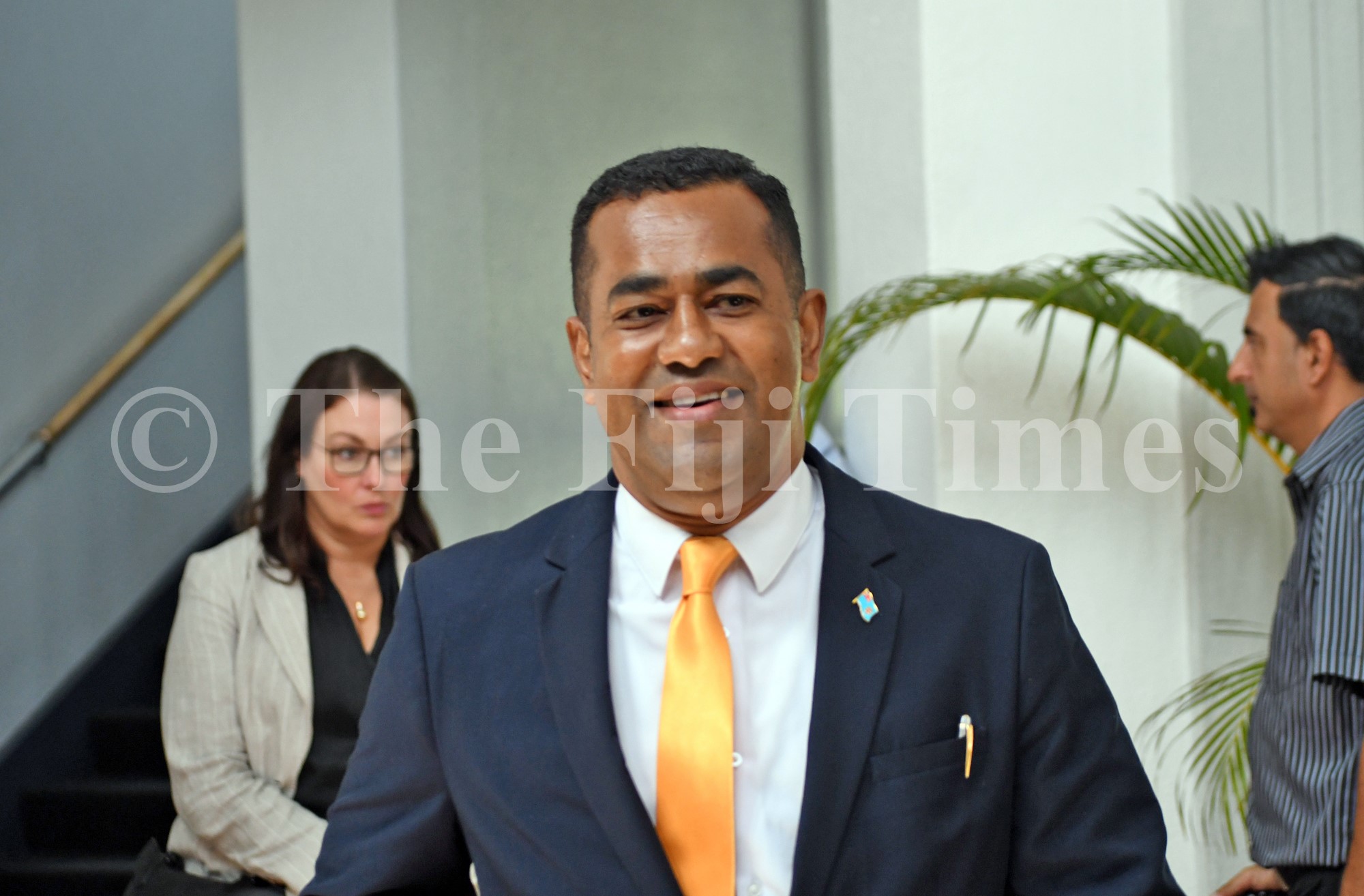Why didn’t women who make up more than 49 per cent of the population vote for more women to be in Parliament?
This was the question put to participants at the Fiji Teachers Union Labasa branch International Women’s Day celebration last Saturday by chief guest Fiji Women’s Crisis Centre coordinator Shamima Ali last Saturday.
She also quizzed the women participants at the celebration as to why more women had not been voted into leadership positions in the FTU.
“At the FTU you have 52 per cent of women teachers, that’s a lot of women, why aren’t you voting women in?” the human rights activist asked.
“Why didn’t our women leaders at national level get the kind of votes they should have given the population of women in this country.
“Why don’t we vote for women and why don’t women put up their hands?
“Because we are so used to in a patriarchal system, we are so used to seeing male leaders – so we think they do the best and because of male privileges and so on, we give them the vote, we put each other down we think we can’t make it but we can.
“So when we talk about leadership, we talk about national leadership we have to talk about how do we create an enabling environment for women to put their hands up.”
Ms Ali said there was a term often used in society called temporary special measures or TSM.
“TSMs are temporary – where we have seats allocated for women so that people start seeing women in leadership positions and they get used to seeing women do well and as they start voting for women, you slowly get rid of the TSMs.
“There is nothing wrong with that – when people are down we pick them up to level the playing field.
“At the moment the playing field is not level at all.
“As long as you have any violence against women and girls in a country – the field isn’t level yet, the inequalities exist, the inequities exist.”
Ms Ali said Fiji had very good laws in place to deal with violence against women, girls and children but changing people’s mindsets towards the issue continued to be a challenge.
“We have a very good action plan for ending violence against women – it was an all of government and all of civil society affair – the Ministry of Education, Ministry of Health and police – all were involved in that.
“It is also to introduce human rights and gender equity training into the school system.
“So if this government does not throw it out, it’s very encouraging, it’s a good document and it needs to be put into operation.
“We also have a very good country gender assessment – again civil society and government worked together on it.
“That gives us all the data we need to move ahead towards the dream of achieving women’s human rights.
“We have seen good legislation around domestic violence, we have seen good legislation around rape, sexual harassment and now with online violence.”





